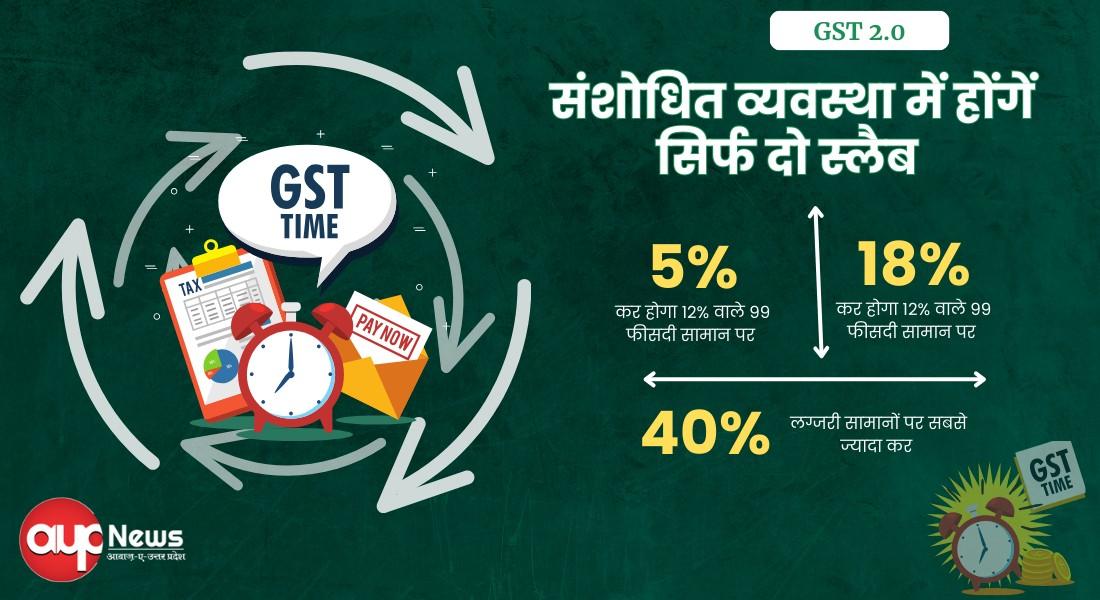Hair extensions have become a revolutionizing instrument of expression, makeover at lightning speed, and hair restoration options in a fashion- and beauty-reliant market wherein overnight fads can dictate and appearance is everything. The need for Hollywood red carpet stars to regular people who want a quick confidence boost has grown leaps and bounds in recent years as the need for quality hair extensions has grown. At the center of this profitable business is a set of important but unsung stakeholders: hair extension suppliers.
They are the bridge between raw materials and the ultimate, high-glamour styles we see on social media, in salons, and on stage. But their role is more than distribution. They are the masters of beauty makeovers, the backstage partner in millions of style makeovers.
The Backbone of the Hair Extension Industry
Hair extension wholesalers stand at the dynamic center of the hair business. They purchase, process, package, and market all forms of hair—everything from synthetic to natural, and remy to non-remy. Whether a natural, smooth look or an artificial or un-blended look is achieved generally begins at the wholesaler level.
It is more than an issue of high-grade hair availability which makes for a great supplier. It finally even comes down to ethically acquiring such hair, yet more superior processing techniques, and going the extra mile for quality control. Quality suppliers are extremely meticulous about matters of detail—aligning the hair cuticles just right, making hair strands untangleable, and making texture and color react to an increasingly multicultural customer population.
Global Sourcing and the Human Hair Market
One of the most fascinating part of hair extension value chain is where the hair originates. Human hair, in the majority, originates from places such as India, China, Brazil, and the remainder of Southeast Asia. In India, for instance, the majority of the hair gets collected from temples, as pilgrims offer hair during religious ceremonies. Such hair tends to be “temple hair” and is highly valued for its strength and natural curl.
Chinese manufacturers also have their own distinction for mass production and advanced processing technology. Brazil and Peru also export globally, particularly for curly and textured hair, for multi-ethnic markets.
For buyers, charting these foreign seas is a matter of having contacts with local collectors, knowing cultural sensitivities, and honest and fair practice. And with more and more people aware of exploitation and sustainability issues, it is more and more the duty of the suppliers to make sure where they are sourcing their products from and engaging in fair-trade.
Quality Matters: The Supplier’s Craft
Extensions are not packaged by size standard, or by quality standard by vendor. Innovative vendors differ by providing master craftsmanship, product innovation, and customer service. These vendors spend time and in technologies that will regain original hair integrity even after being subjected to chemical processes like dyeing or texturizing. They offer a variety of lengths, color, curl type, and method of attachment—clip-on, tape-in, sew-in, or keratin bonds.
Reliability is the second most crucial element in a quality supplier. Salon pros, retailers, and e-commerce resellers expect consistent quality and reliable shipping time. Failing to deliver or accepting poor product quality can drive a company out of favor and ruin reputations. That is why quality suppliers will likely have stringent quality inspection and supply chain optimization.
Private Label and White Label Services
As is the era of branding, there is white label and private labeling provided by numerous hair extension companies. It means that hairstylists, salon owners, and beauty businesspersons can bring forth their own brand to the clients without investing in manufacturing houses. The company develops the product; the firm adds its own label to it.
The process has opened the beauty industry up to everyone, leading to an explosion of niche players and niches and influencers in the marketplace. Those who provide the service normally throw in packaging design, custom branding, and marketing support—essentially acting as behind-the-scenes co-founders for the majority of new hair companies.
The Rise of Ethical and Sustainable Practices
Today’s consumers are more educated and socially aware than ever before. They want to not only know what they are purchasing but also where and how it was made. In response, there is a new breed of suppliers prioritizing transparency and sustainability at the forefront.
This transformation is bringing about traceable sourcing, biodegradable packaging, cruelty-free processing, and equitable compensation of hair donors. Even some businesses provide certification or evidence assuring customers their hair extensions were procured responsibly.
Through this, suppliers not only increase their validity, but they are also making the beauty industry a step nearer to being ethical and sustainable.
Digital Transformation and E-Commerce Boom
Historically, hair extension suppliers were reached through wholesalers, salons, and beauty salons. However, with the rise of e-commerce, direct-to-consumer (DTC) business models currently prevail. Suppliers are now setting up virtual stores through the likes of Shopify, Amazon, and Alibaba to tap global markets.
Social media marketing, influencer marketing, and user-generated content have also driven purchases online, too. Sellers making such adaptations to this digital phenomenon with seamless ordering processes, high-quality customer service, and up-to-date stock in real time are the ones that are benefiting.
Additionally, the ability to drop ship has opened up opportunities for business people to join the hair trade without keeping inventory. This has ushered in a new era where suppliers are not just manufacturers but also fulfillment partners.
The Future of Hair Extension Suppliers
As the beauty market grows, so will the hair extension supplier’s role. Advances in hair technology, including damage-free adhesive systems and heat-activated bonding systems, will have suppliers playing catch-up. Personalized products, AI suggestions, and virtual try-on may all be part of the customer experience sooner rather than later. Contact Foxy Hair Extensions for more information.
Visionary suppliers that want to be current with what’s new, responsive to market demands, and dedicated to highest levels of service will be the survivors. They will no longer be mere product vendors but partners in beauty, enabling stylists and consumers to be confident enough to express themselves.







